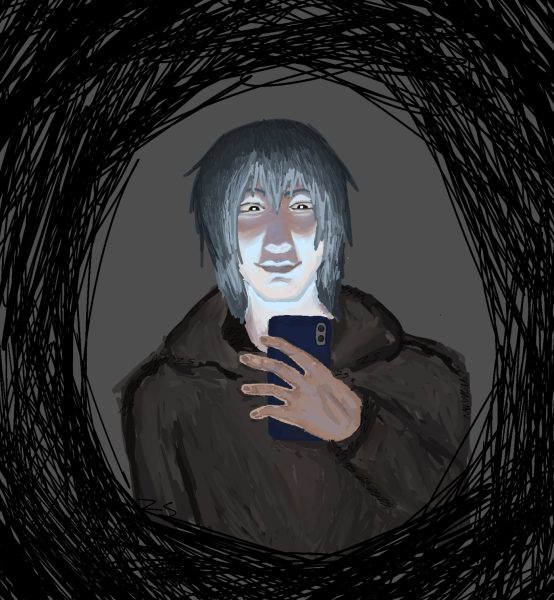A Day in the Life of professional journalist Andrew Chung
From Issue 6
The Amtrak Acela from Penn Station to Washington D.C. is a familiar train for Supreme Court Correspondent Andrew Chung, who travels the route frequently to cover breaking news that will impact all Americans.
Andrew Chung grew up in a small town in northwest Alberta, the population of which is just shy of 3,000. From an early age, he has always been fascinated with journalism, as he would read Time and record himself on tape. He even started a high school newspaper. Andrew has an impressive education, as he’s got a Bachelor of Science from the University of Alberta, a Masters in Journalism from Carleton University, and a Masters in Law from Yale.
Chung was intrigued by journalism because he was curious about finding the truth. Through journalism, you are able to seek justice, travel, and meet interesting people. “There are few jobs that can maintain idealism and journalists make the world a better place,” says Chung.
His first official job as a journalist was at the Toronto Star, where he was a parliamentary reporter, investigative reporter and. Andrew’s work took him across the globe. For instance, he has reported from China and covered momentous events such as the earthquakes in Haiti, riots in Turkey, the terrorist attacks in France; he was also recounted the Arab Spring from Sudan along with the independence of South Sudan.
Andrew says the most interesting article he’s written was when he followed and did a feature on a 70-year-old Canadian man who traveled to China. The man did so to verify a claim that his real mom was not the woman who raised him but rather a concubine. He remarked it was “unsettling and powerful all at once” when the man returned to Canada unsure of what to believe. Due to the article, Andrew was separately able to meet relatives on the mainland that he never met.
He made his way to New York after landing his current job as a legal correspondent for Reuters, where he is able to use his degree and write articles on the Supreme Court. The shift between Andrew’s job at the Toronto Star and Reuters was spending less time on the ground interviewing people and more on reading, at the court, and on the phone.
What made Andrew want to write for Reuters was how “it’s the largest international news organization” and prides itself on being trusted not only by readers and viewers but is also relied upon by other news organizations as well.“There’s an unparalleled reach of all sorts of opportunities offered you can’t get anywhere else.”
A day in the life for Andrew begins at 8:30 in the morning in the press room of the Supreme Court. The Court typically decides to hear a case, hears oral arguments, and finally issues a ruling. Orders with information on what cases they denied and granted start to come through to the public information office at 9:30. Andrew receives a sheaf of papers with the orders on them and rushes back to his workspace in the press room to see what they should put on twhe wire. This part of the job involves cardio with the race to put out the news first and even physical contact as people are sometimes falling down and pushing each other out of the way.
At 10 A.M., he gets his hands on rulings of previously argued cases, and this includes more scrambling to get the job done. From there Andrew goes to the ornate courtroom to hear new arguments, and that eventually leads him back to the pressroom before he calls it a day.
This time of the year is especially stressful due to all the high -profile and controversial cases being discussed: LGBT rights, abortion, DACA, the President’s financial records, gun rights, a dispute on the Electoral College, and religious rights. The worst part about being a journalist is the large workload and the oft-present stress, but, beyond even that, the profession itself is shifting.
For better or for worse, the internet has radically changed the job outlook of the journalist. Journalism outlets, especially local ones, have decreased in number over the years ever since the internet was introduced. Local news stations are struggling financially and seeing collapses in their profits, while small, web-based startups are shooting up as fast as they will fall.
Chung’s advice to anyone wanting to pursue Journalism is to ignore the verbal attacks on reporters, aspire to tell people’s stories, be curious, and seek the truth. “You want to afflict the comfortable and comfort the afflicted. Be a Triple-A Journalist: adversarial, aggressive, always. Journalism is changing; the public needs more journalists, not fewer.”







